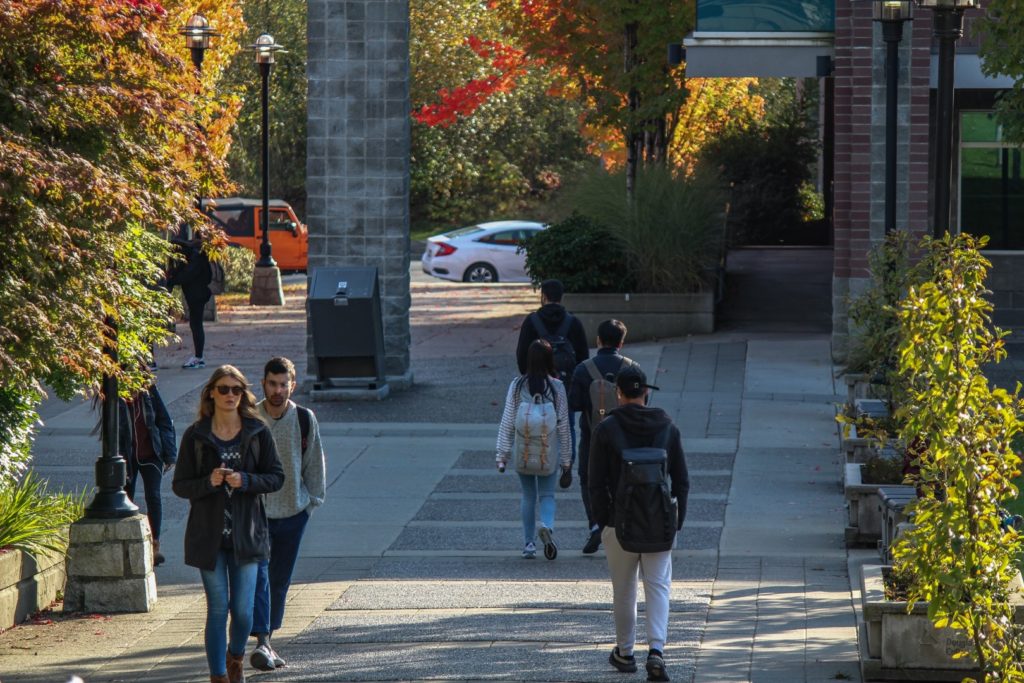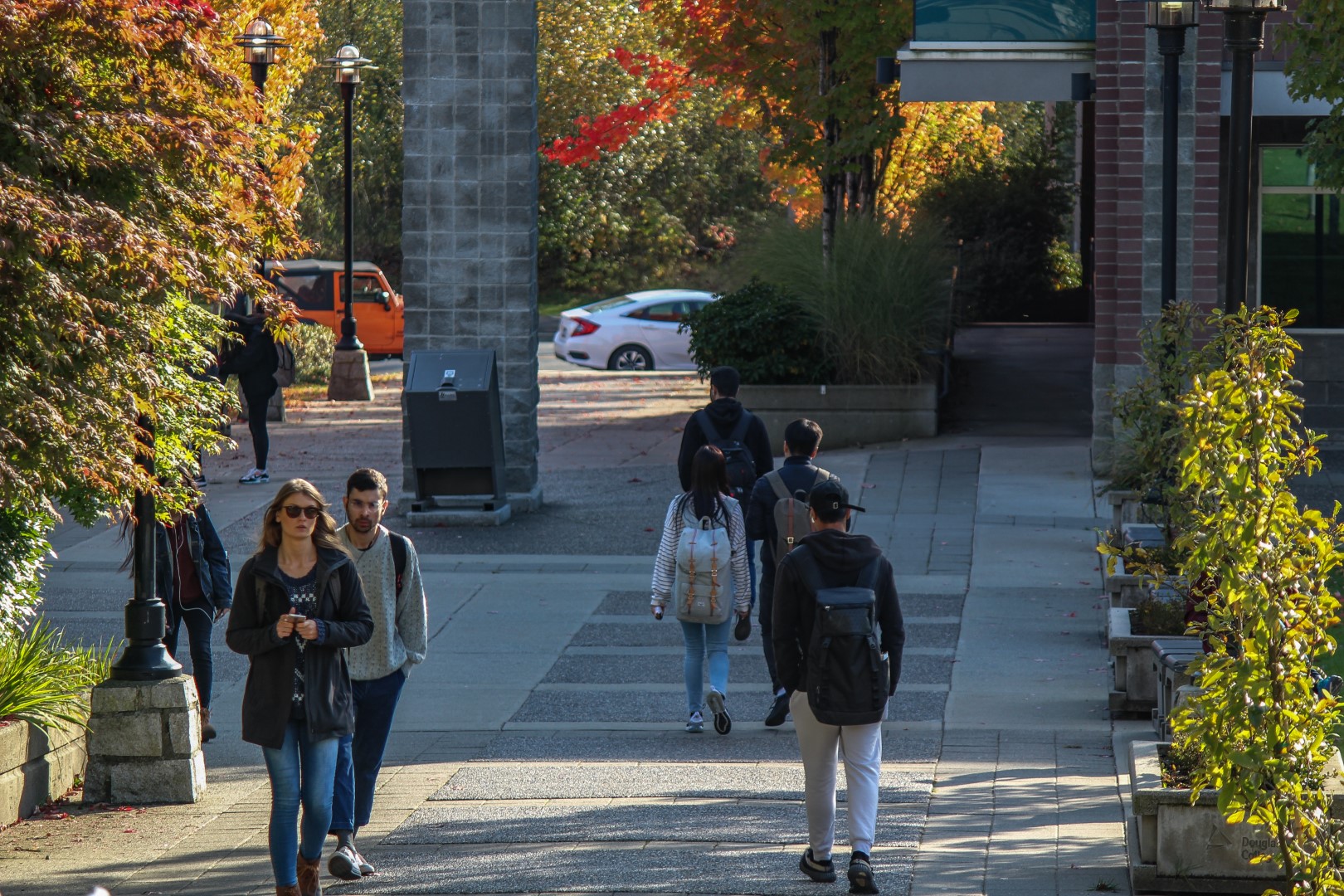
Province-wide graduate survey reveals that life at Douglas College is good
By Atiba Nelson, Staff Reporter
The results are in!
Each year the Government of British Columbia, through a partnership between the Ministry of Advanced Education, Skills and Training, and BC Statistics, surveys post-secondary graduates to explore graduates’ satisfaction with their education.
The results from the last survey year are available online, and they give insight to graduates’ perceptions of their institution.
A total of 14,754 respondents answered the survey, with a majority of the respondents being female, at 53 percent. The average age of a graduate was 25 years old, and of the sample almost 60 percent were working—with close to 40 percent taking more classes after graduation.
Since Douglas College offers two types of degrees, graduates of the college receive a survey corresponding to the type of degree received. In the last sampling year, BC Stats and the Ministry of Advanced Education sampled graduates who earned a diploma, or an associate’s degree or certificate—and made those results available.
The Douglas sample of students is one year younger than the overall average (24), and includes more females than males, 63 percent vs 36 percent respectively. Most Douglas graduates responded that they were working (73 percent), but of that group, many claimed that they were working and studying, and overall more than half of the Douglas respondents were enrolled in further studies post-graduation.
Generally, Douglas graduates were satisfied with their time spent at college, with an outstanding 94 percent of Douglas graduates claiming that they were “satisfied with their education” for 2017. For comparison, graduates’ satisfaction with Douglas outpaced the provincial graduate average of 92 percent, and bested the lowest satisfaction score—Emily Carr University of Art and Design—by over ten percent.
However, not everything is rosy at Douglas, and the survey also provided a chance for respondents to pitch improvements to their alma mater and Douglas graduates had something to say.
Fifty-one percent of the sample was ambivalent as to whether a Douglas education prepared them for future studies, and only 35 percent of respondents believed that their Douglas education was useful in getting a job.
In terms of employment after college, Douglas has one of the lowest unemployment rates among provincial diploma, associate’s degree, or certificate granting institutions at 6.7 percent. The provincial average for unemployment is 9.2 percent.
Next year’s survey will likely yield the same results, since Douglas has not undergone dramatic programmatic changes.

